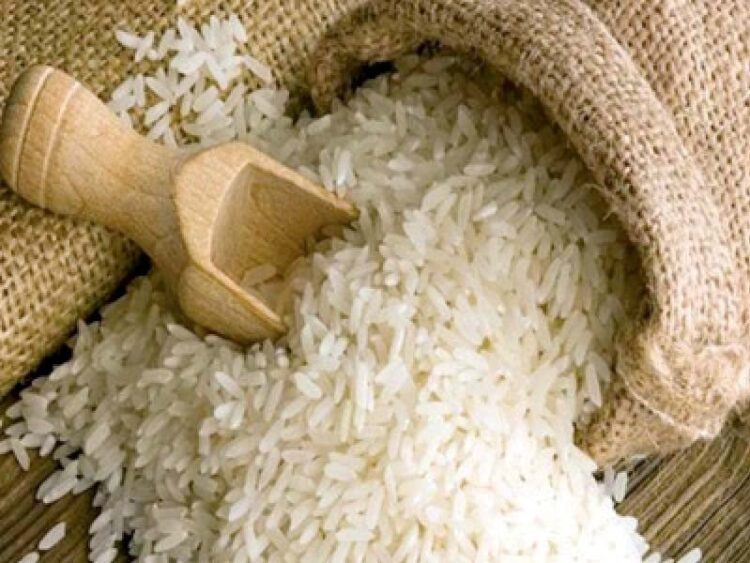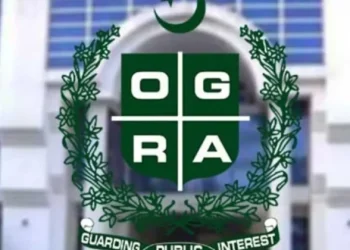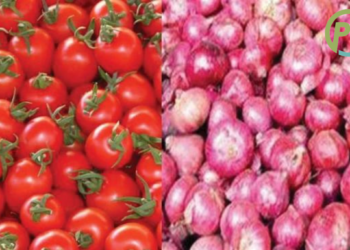Monitoring Desk
KARACHI: Climate disaster, in the South Asian agro-based economies of India and Pakistan, has started to disturb the international rice market dynamics that have remained stable for decades.
On one hand, Pakistani basmati prices are feared to decrease on account of the depreciating Indian rupee against the dollar. On the other hand, India’s recent curbs on rice exports could provide an opportunity to Pakistani exporters to cash in on the lowered supply from their neighbouring competitor country.
Rice Market Expert, Hamid Malik believes, “Pakistani basmati is facing strong tail and headwinds this October.”
“The Pakistani Basmati Paddy 1509 is experiencing strong headwinds due to the rapidly depreciating Indian rupee, which has lost almost 7% value in just 30 days against the US dollar, going from INR79.8 to 83.04,” he explained.
“In the last week of September, Basmati 1509 started with a price above Rs4,000 per 40 kilograms. In two weeks, prices came down to Rs3,200 for a short period but then started going up and the same is now being traded at Rs3,525-Rs3,700,” he explained.
Meanwhile, he noted, “Indian basmati 1509 prices also started on a high note at INR3,800-INR3,900 per quintal but came down to INR2,900 to INR3,000 – $380 per tonne as compared to the Pakistan 1509 Paddy at $366 per tonne – $14 per tonne less than the Indian basmati.”
“Now, in India, the price of 1509 has inched up a little since last week to $397 per tonne while the price of the Pakistani 1509 stands at Rs 3,550 per 40 kilograms, which is between $403-412 per tonne,” he added. Union of Small and Medium Enterprises (UNISAME) President, Zulfikar Thaver emphasised that “the quality of our super basmati rice is far superior to Indian basmati rice. Pakistani basmati has more aroma and a better taste and length, which is a natural blessing. Because of this, we have an edge and even our 1121 has aroma which the Indian 1121 lacks.”



















